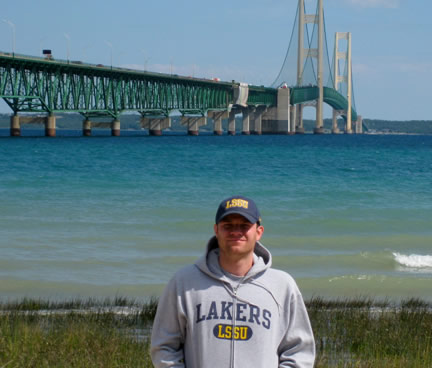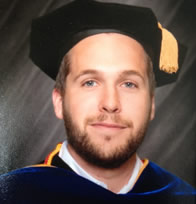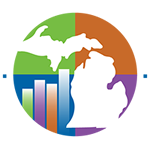Choosing a Career in Mathematics
Career opportunities for mathematics often begin with a position title including the word “analyst,” working either for the government or in industry. Providing experience with these or similar tools, our program prepares professionals who hit the ground running within teams that use Excel, Matlab, Mathematica, C, or C++. They are also prepared use special-purpose tools such as statistical packages like R, SPSS, or SAS, optimization packages like AMPL or CPLEX, and simulation packages like Simio or Arena.
- Mathematician
- Statistician
Mathematicians use advanced mathematics to develop and understand mathematical principles, analyze data, and solve real-world problems. Mathematicians work in the federal government and in private science and engineering research companies. They may work on teams with engineers, scientists, and other professionals.
If you are one of the fortunate minority for whom mathematics has always been a favorite subject or one of the subjects in which you excel, then this should seriously consider exploiting this advantage by pursuing a mathematics major. Employment of mathematicians is projected to grow 23 percent from 2012 to 2022, much faster than the average for all occupations. Businesses will need mathematicians to analyze the increasing volume of digital and electronic data.

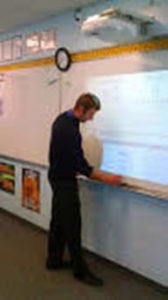
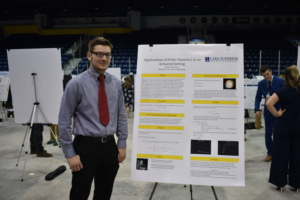 Dating back to before the 19th century, but not formally named until the 1940s, the concept and application of order statistics has made its way into many different fields. In the majority of cases in which order statistics are used, we are concerned with the minimum, median, and maximum values of random events. What does ordering random variables do for us? Ordering random variables, along with knowing some basic statistical properties of these random variables, helps in finding the probabilities of the variable outcomes being less than or greater than certain values. These probabilities yield the ability to calculate the expected value of the minimum, maximum, or any of the ordered variables. Given a common density function and some independence relations, what is the expected value of the maximum claim amount from wind damages within a pool of policyholders? Or, given a fifty person race where each of the runners’ start to finish time follows a uniform distribution, what is the expected difference between the first place finisher’s time and the
Dating back to before the 19th century, but not formally named until the 1940s, the concept and application of order statistics has made its way into many different fields. In the majority of cases in which order statistics are used, we are concerned with the minimum, median, and maximum values of random events. What does ordering random variables do for us? Ordering random variables, along with knowing some basic statistical properties of these random variables, helps in finding the probabilities of the variable outcomes being less than or greater than certain values. These probabilities yield the ability to calculate the expected value of the minimum, maximum, or any of the ordered variables. Given a common density function and some independence relations, what is the expected value of the maximum claim amount from wind damages within a pool of policyholders? Or, given a fifty person race where each of the runners’ start to finish time follows a uniform distribution, what is the expected difference between the first place finisher’s time and the